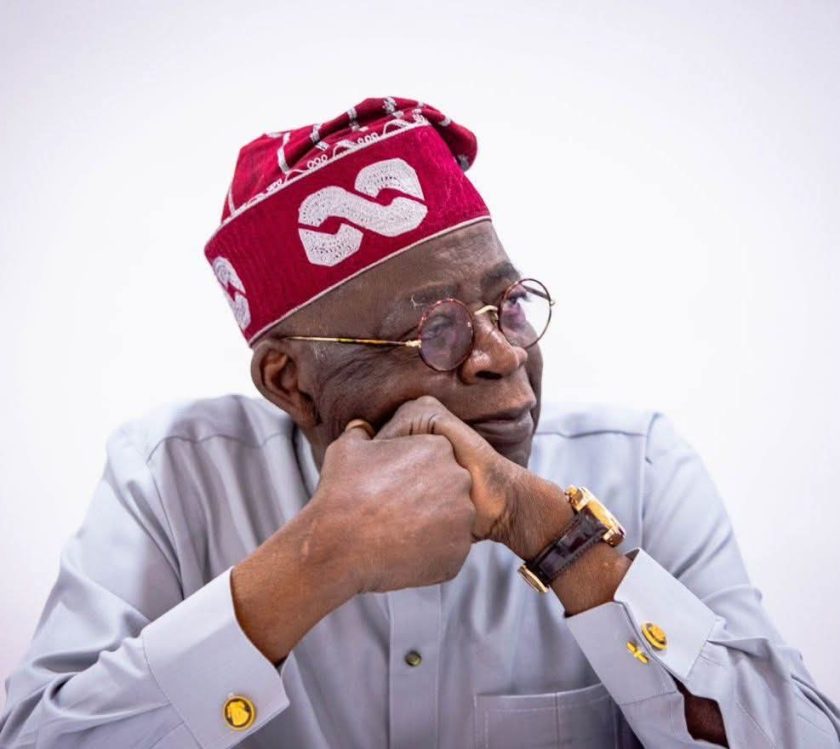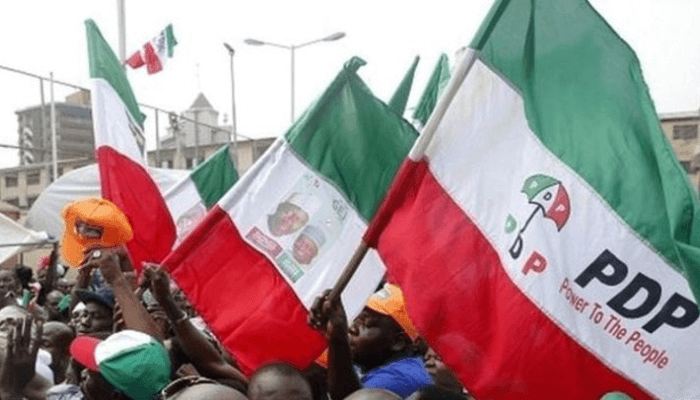By Isaac Asabor
Let’s pause and consider the logic behind the outrage. A citizen walks into a bank to lodge a complaint—a right afforded him as a customer. He is attended to and exits the premises. Hours later, he is arrested by the Nigeria Police Force. Suddenly, and without evidence or an official link between the two events, the bank becomes the villain in the eyes of the public. If that isn’t scapegoating, what is?
In the age of social media, misinformation spreads rapidly. Facts are trampled, reputations tarnished, and innocent parties scapegoated. The recent arrest of social media activist Martins Vincent Otse, popularly known as VeryDarkMan (VDM), is a textbook example.
Once news of his arrest broke, social media was quick to cast blame—unfortunately, GTBank became a target. The reason? VDM had earlier visited one of the bank’s Abuja branches to report alleged unauthorized transactions from his mother’s account.
But let’s examine the sequence. A customer walks in, makes a complaint, leaves. He is arrested much later, in an entirely different location. And yet, fingers point at the bank. This is the danger of assumption dressed up as fact.
Fortunately, we are not in the dark. VDM’s lawyer, human rights advocate Barrister Deji Adeyanju, publicly stated that his client was not arrested in or around GTBank. He was picked up in Area 3, elsewhere in Abuja, long after his bank visit.
It was later revealed that VDM was detained by the Economic and Financial Crimes Commission (EFCC)—not GTBank, not its staff, not its security. These are verified facts, not rumors.
So what exactly did GTBank do wrong? Allow a customer to report suspected fraud? Since when did being a place someone visited before an arrest imply complicity?
This is narrative manipulation at its most damaging. VDM’s public profile made his arrest headline-worthy, and the rush to find a culprit made GTBank an easy mark. But jumping to conclusions without evidence is not just lazy—it’s dangerous.
Banks like GTBank operate under strict regulations. Any cooperation with law enforcement must follow formal procedures. There is no evidence such protocols were activated in this case. GTBank was simply a stop in VDM’s day—not an accomplice in his arrest.
This incident reflects a wider societal problem: the rush to judgment, amplified by social media, where outrage often outweighs truth. GTBank’s swift vilification highlights how easily institutions can be pulled into controversies they had no part in.
Yes, Nigerian institutions deserve scrutiny. Many must work harder to earn public trust. But justice demands that we distinguish genuine accountability from misplaced blame.
GTBank has spent decades building its reputation as a leading financial institution. While not immune to criticism, in this case, it is being unfairly targeted for an arrest it neither initiated nor facilitated.
Allowing such misinformation to linger undermines trust in institutions. Today it’s GTBank. Tomorrow, it could be any organization caught in the crossfire of public anger and viral narratives.
The real questions remain unanswered: Why was VDM arrested? What are the charges? Was due process followed? What role is the EFCC playing, and how transparent have they been?
These are the issues that deserve public scrutiny—not an unfounded witch hunt against a bank.
Exonerating GTBank isn’t about shielding institutions from criticism—it’s about fairness and focus. Facts must be our guide, especially in times of confusion.
GTBank neither instigated nor benefited from VDM’s arrest. The incident was a state action, carried out elsewhere and connected to unrelated matters.
Let’s not mistake presence for participation or coincidence for conspiracy. Social media may run on heat, but journalism and history must favor light.
The truth is plain: GTBank did not arrest VeryDarkMan. That should be the end of the story.




